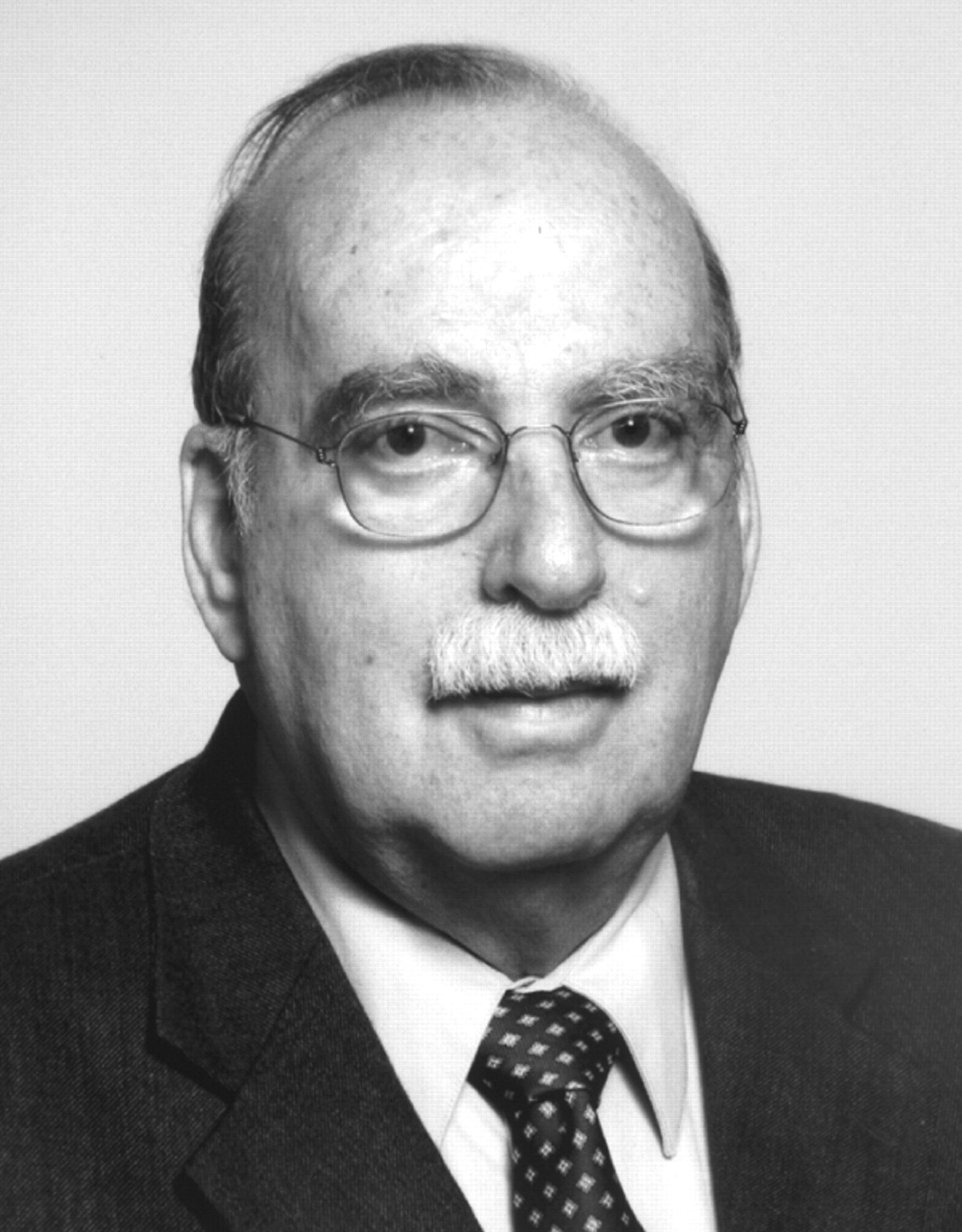CANDIDATE FOR VICE PRESIDENT
Distinguished Fellow

APA Area 4 Trustee, 2003- ♦ Private Practice ♦ Professor of Clinical Psychiatry, Northwestern University ♦ Faculty, Institute for Psychoanalysis, Chicago ♦ President, American Association of Directors of Psychiatric Residency Training, 1992 ♦ President, Illinois Psychiatric Society, 1998-99 ♦ APA Assembly, 1999-2003 ♦ President, American Society for Adolescent Psychiatry, 2002 ♦ Member, American Academy of Child and Adolescent Psychiatry, 2002-
For the last five years, I have had the privilege of serving as an APA Trustee. I am honored to be a candidate for APA vice president. APA today confronts a number of serious challenges and opportunities. I shall speak to these challenges. The passage of parity legislation and the phasing in of equality in Medicare payments position us to address from a strong platform the mental health care issues our nation must confront. My responses are informed and enriched by my ongoing medical education and broad work in academic psychiatry departments as a residency training director, clinical services director, educational researcher, and author and by providing direct patient care.
Today we must:
Enhance the alliance between the various groups in our field. Academic psychiatrists, practitioners in varied practice settings, and subspecialists must all see APA as their home. In the absence of unity, we cannot impact on the various challenges we face. To attain this essential unity, we must reorganize the APA governance structure. With a revitalized governance, we will be able to more effectively address these challenges. | |||||
Position APA to be the lead organization in developing programs for our members to maintain competency after residency training. They will need to meet the evolving requirements of the ABPN to maintain certification and down stream to potentially meet new requirements to maintain state licensure. To accomplish this, we need to reorganize the structure and direction of our annual meetings. We need to appoint a director of annual meetings who will direct them in a manner similar to the editors of our journals and our residencies. | |||||
Develop a model and then implement it as to how APA should relate to Pharma. We need to further develop standards for our members and organizations as to how they can relate to Pharma. | |||||
Ensure that as discussions of health care reform progress, mental health care is a cornerstone of any new or revised health care systems in the U.S. | |||||
Maintain a vigilant stance to ensure that as varied scope-of-practice proposals are developed that impact on our patients and practice, they are clearly addressed and countered to protect our patients. | |||||
Work for the funding of all health care to ensure affordable, available psychiatric care for all citizens in both the public and private sectors. In a parallel fashion, we must develop reimbursement models that protect our economic needs. | |||||
Require in our practices and education sensitivity to the vast cultural diversity of our nation and our trainees. We must further ensure in our institutions sensitivity to the needs and diversity of all of us. | |||||
Demand adequate and sustained funding for mental health research and education. | |||||
These are but a few of the challenges with responses that I feel we must address. I look forward to hearing from you and our working together. (E-mail: [email protected])
Primary Professional Activities and Sources of Income
Professional Activities
100%—Private practice
Income
100%—Private practice



